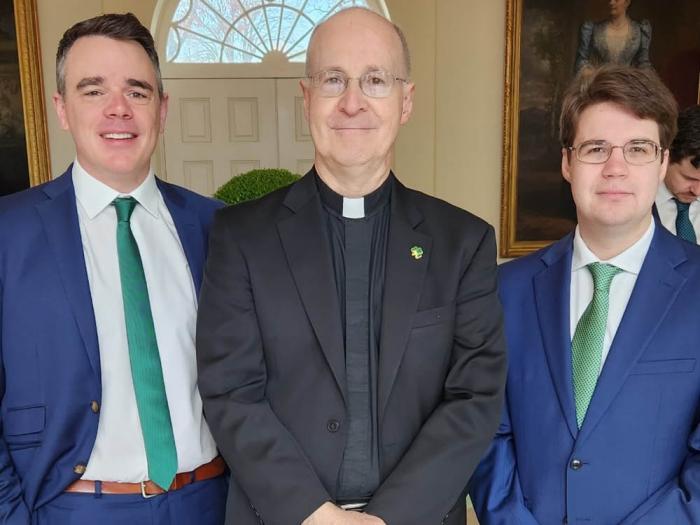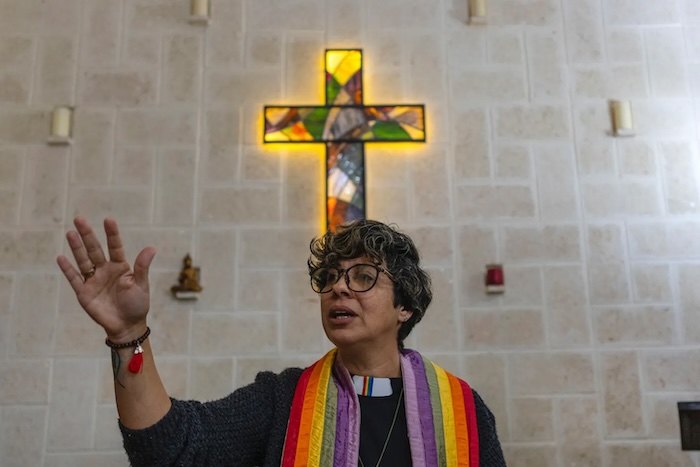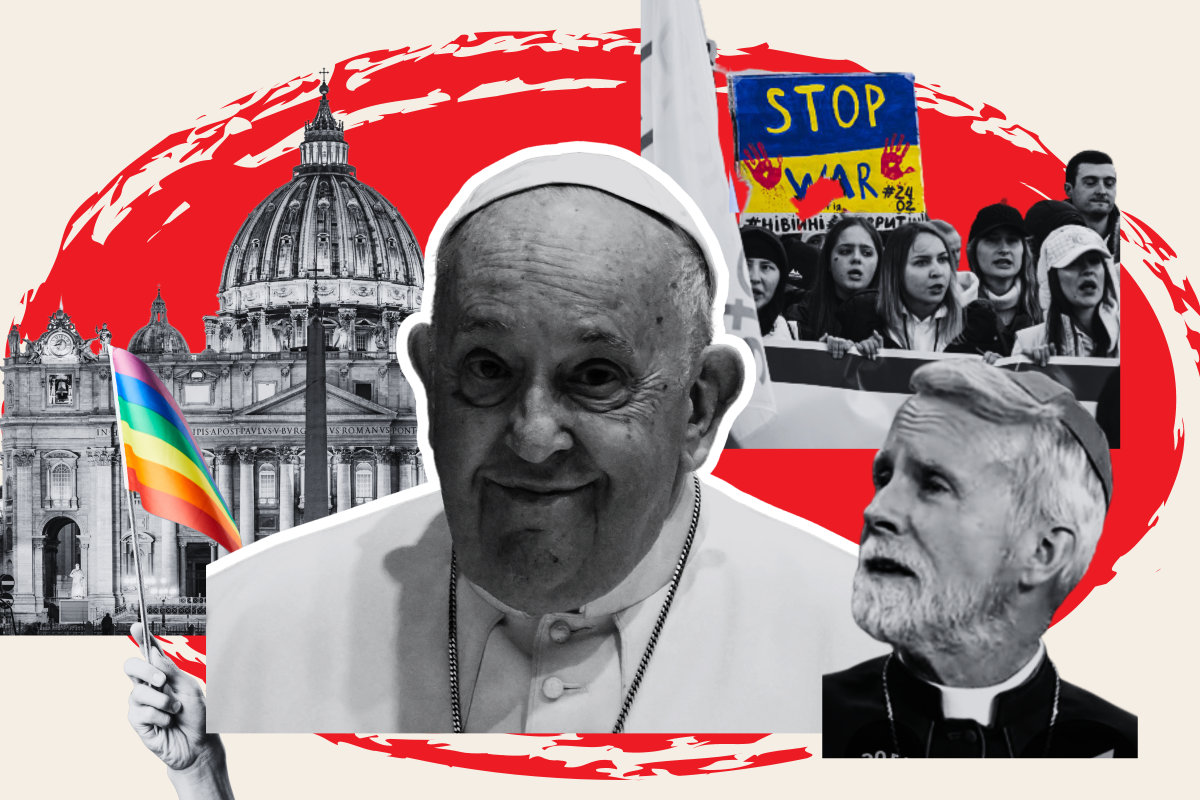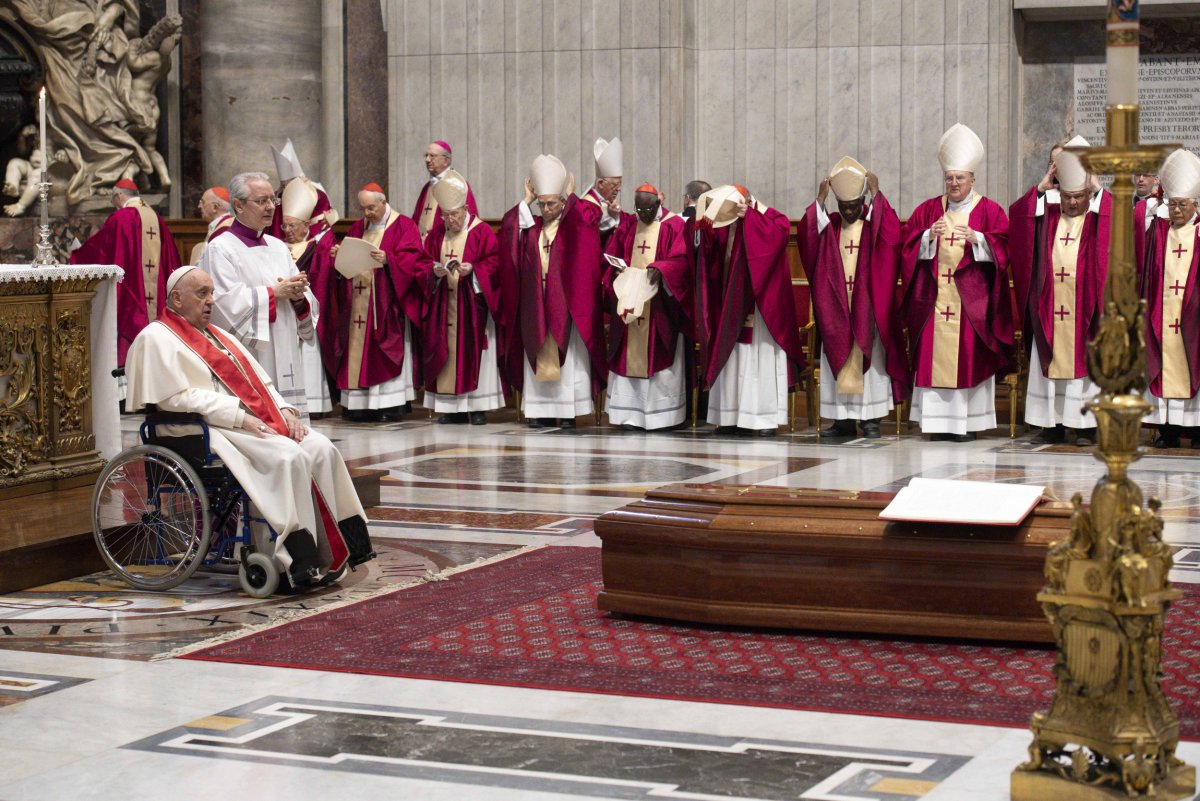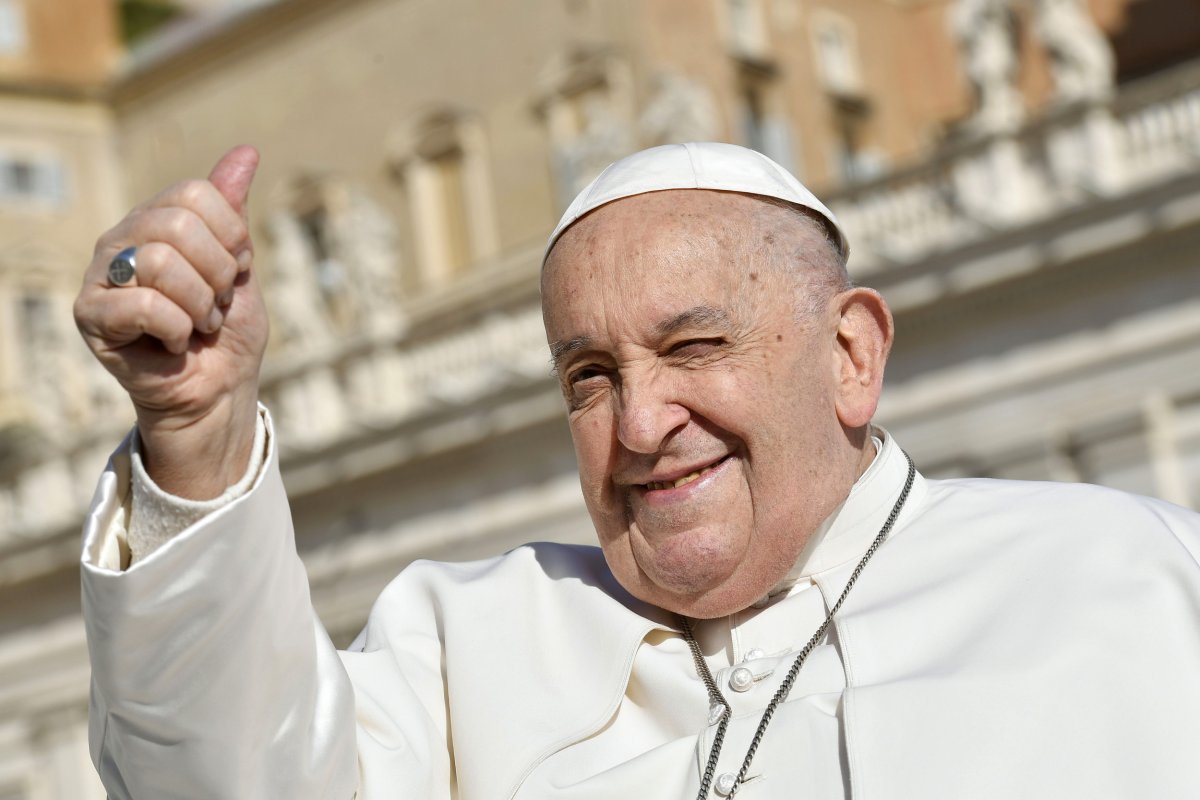— Road to inclusion gained momentum in 1960s
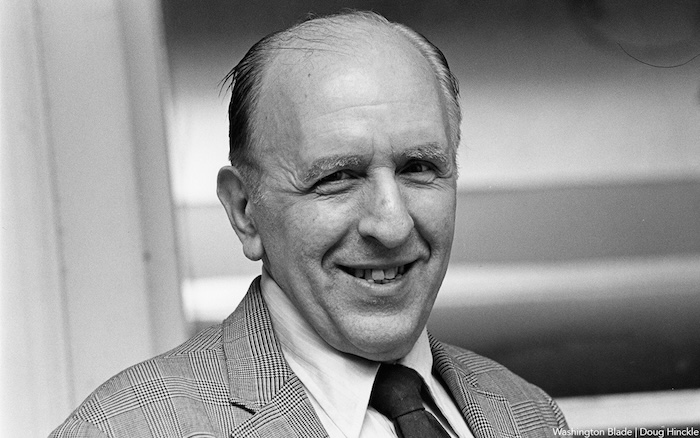
By Emma Cieslik
“By integration of homosexuals into the religious community M.S.W. [The Mattachine Society of Washington], means acceptance of homosexuals as homosexuals not as candidates for change or ‘cure,’” said Franklin E. Kameny, the founder of the Washington Mattachine Society.
More than 10 years before the United Church of Christ’s General Synod accepted a resolution encouraging UCC congregations to welcome lesbian, gay, and bisexual people and six years before the Metropolitan Community Church of Washington, D.C. was founded, Kameny brought together members of the Mattachine Society and 11 clergymen from Protestant, Catholic, and Jewish communities around the Capital. The conference, held at American University on March 22, 1965, marked a critical moment in which Washingtonian clergy committed to advocate on behalf of LGBTQ individuals.
The result was a more than 50-year partnership between Washingtonian clergy members and LGBTQ individuals that continued through the AIDS crisis, the founding of open and affirming congregations, and far-right Christian movements in the late 2010s and 2020s. The need for religious and spiritual meaning and community has existed as long as LGBTQ communities, but traditionally, the historical narrative of queerness and religion has been driven by how religious leaders and communities have inflicted trauma and harm on queer members. This narrative is valid and acknowledges how religious communities and people have hurt LGBTQ folks but fails to acknowledge how queer people were instrumental in forming inclusive communities and how some religious leaders were key players in the LGBTQ rights movement.
The Mattachine Society was originally founded in Los Angeles by activist Harry Hay to protect and advocate for the rights of gay men. The Society published a monthly periodical, One: The Homosexual Viewpoint, which released its first issue focused on religion in December 1960 titled “Homosexual, Servant of God.” Just one year later Kameny and Jack Nichols, a 23-year-old native Washingtonian, founded the Mattachine Society of Washington (MSW).
It wouldn’t be long before Kameny and MSW members began thinking critically about their community’s spiritual needs and how they could partner with local clergy members, since their faiths were largely responsible for public perception and discrimination against gay men at the time. Nichols stepped forward to create the Washington Area Council on Religion and Homosexual, a subcommittee of the MSW. The following year Kameny and Nichols organized the conference between Washingtonian faith leaders and MSW members. The first meeting in March set the groundwork for the second on May 24, 1965, where the group founded the Washington Area Council on Religion and the Homosexual.
The constitution of the new organization was formally adopted on Dec. 6, 1965. The purpose of this organization is, as the constitution notes, “to effect the integration of the individual homosexual into the religious life of the community be alleviation of the estrangement and alienation, which now exists between the homosexual and the religious community.”
In 1967, Nichols and Reverend Lorey Graham, chaplain at American University, appeared on WJZ-TV Baltimore to answer questions about “The Second Largest Minority.” Both answered questions from the host and the audience, explaining that homosexuality was not a pathology. “The significance of this show lies in the fact,” Nichols wrote in The Homosexual Citizen, “that for the first time, a distinguished Methodist clergyman on the East Coast has publicly associated himself with the civil libertarian aims of the homophile movement and has made his views known to a wider television audience.”
Founding new communities
But this partnership wasn’t confined to television. These conversations in the 1960s laid the groundwork for Washingtonian faith communities to found specific internal organizations and ministries for LGBTQ individuals. In 1971, Dignity/Washington — a chapter of the Catholic LGBTQ organization Dignity USA — was established by six people in the first-floor cafeteria of the National Shrine of the Immaculate Conception. Sr. Jeannine Gramick, Patrick Mills, Fr. Greg Slamone, Joe Cicero, and another individual saw a need for a queer Catholic ministry and started the chapter. The group became a chapter in 1972 and met at the Newman Center on GWU’s campus. Several of these founders also established the LGBTQ Catholic New Ways Ministry just across the river in 1977.
When Pope John Paul II celebrated Mass at St. Matthew Cathedral on Saturday, Oct. 6, 1979, he was greeted by 30 members of the Dignity/Washington chapter holding a banner reading, “Dignity Gay and Lesbian Catholics Welcome You.” Integrity/Washington, a local chapter of the gay and lesbian Episcopal organization Integrity USA, was founded shortly thereafter.
In 1983, Westminister Presbyterian became one of the first 13 Presbyterian congregations to form the More Light Network, a ministry for the LGBTQ community. The D.C. church had been working with the LGBTQ community since the early 1960s, openly sharing that they “fought for the inclusion of and end of discrimination against the LGBTQ+ family. We do not just accept but celebrate the gifts God has given through our varied sexual orientations and gendered understandings.”
Many churches in D.C. also responded to the call to become “Open and Affirming.” In 1985, the United Church of Christ’s General Synod accepted a resolution encouraging UCC congregations across the country to “Declare Themselves Open and Affirming” after a period of dialogue and reflection. In 1987, the First Congregational United Church of Christ voted to become one of the first Open and Affirming congregations in the DMV area. First Congregational was also one of the first 15 certified Open and Affirming Congregations in the United States.
Within these congregations, LGBTQ individuals were welcomed and celebrated. In 1982, gay activist L. Page “Deacon” Maccubbin and his life partner Jim Bennett were one of the first couples to celebrate a Holy Union and were the second couple to be registered as domestic partners in Washington, D.C.
More denominations followed suit, but in the late 1970s, LGBTQ individuals established their own faith communities. One whole church was established — the Metropolitan Community Church of Washington, D.C. — solely to serve the LGBTQ community in 1970. Members first met in Rev. J.E. Paul Breton’s home on Capitol Hill the following year. The wider MCC would become the largest LGBTQ-affirming mainline Protestant denomination, with churches spreading across the country through the 1970s and 1980s. Following suit, Bet Mishpachah was founded by members of D.C.’s LGBTQ community as Washington’s only Egalitarian synagogue in 1975, now identified as “a congregation for gay, lesbian, bisexual, asexual, trans, and queer Jews.”
Thus begins D.C.’s LGBTQ religious history in the 1960s onwards; the history of LGBTQ-affirming religious organizations and ministries prior to the 1960s is extremely limited and their exclusion here does not mean they did not exist in D.C. before these first two conferences at American University in 1964. But despite these pieces of communion between the LGBTQ community and religious organizations in the 1970s and early 1980s, the former would face significant backlash at the hands of religious leaders in the mid to late 1980s with the 1976 Gay Pride Day and the HIV/AIDS Epidemic.
Complete Article ↪HERE↩!

